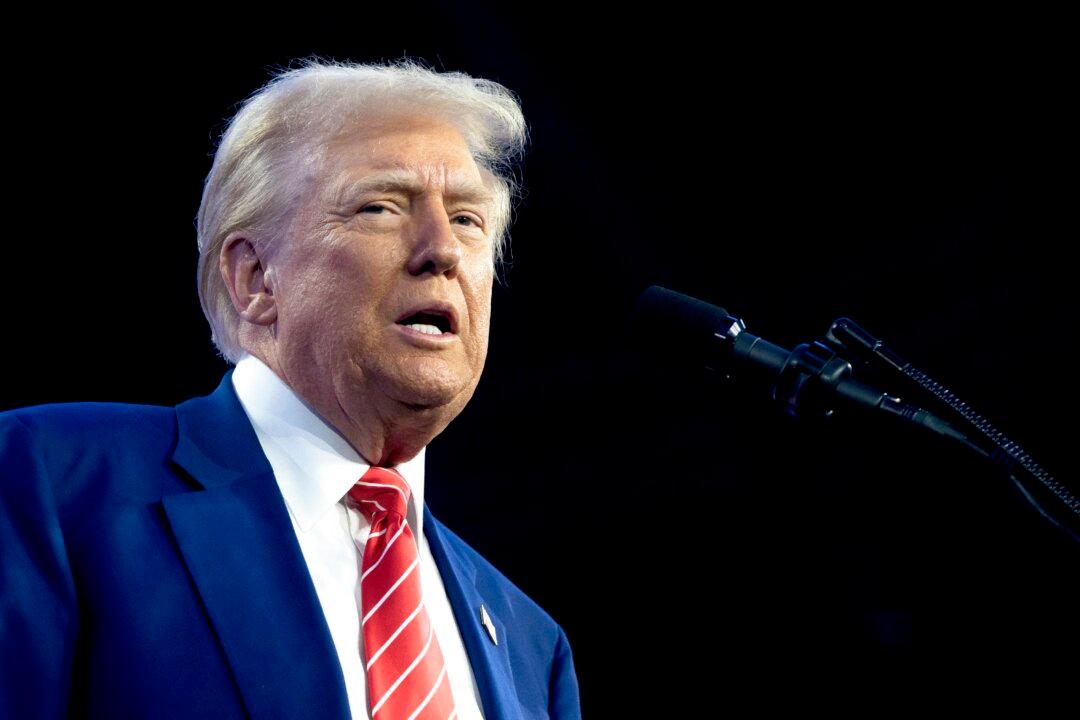President-elect Donald Trump is asking the Supreme Court to block a law that could ban TikTok within the United States, stating that he would like to pursue negotiations to resolve some of the issues involved and salvage the platform.
The Supreme Court is expected to hear oral arguments over the law on Jan. 10, just nine days before the deadline for TikTok’s parent company to either divest from the platform in the United States or face an effective ban.





